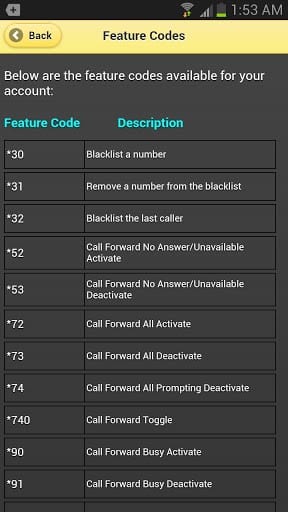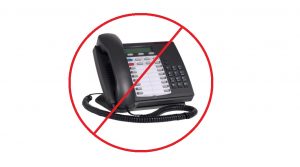Employee Training
First of all, you can have your IT employees trained to handle VoIP telephony. While we have a clear bias when it comes to this larger question, we admit that it’s certainly possible to train your IT staff to the point where they become proficient enough with the VoIP and Unified Communications technologies to run your PBX systems effectively and efficiently. Training is always an option, and when it comes to switching to IP telephony it can be a really good option, especially if you have a robust IT department that is already experienced in handling your existing phone system but needs to focus on the particulars of the system you’re considering.
Of course if you follow this course your employees should get training in the specific system you’re going to adopt both: as users and as administrators. This will hold true to any new communications system, bet it a hosted PBX or a premise-based system. In fact, regardless of where that system is located, the concepts and operating principles of any IP PBX are pretty much the same.
However, even with training of your IT staff your business may still require consulting assistance from a VoIP expert at some point during your implementation and perhaps later. For that reason outsourced Unified Communications solutions are gaining popularity.
Read more
 BYOD is a reality, and, by all estimates, it will continue to grow in adoption over the next couple of years, regardless of whether your company officially implements it as a policy or not. Current estimates place BYOD adoption at 60% within the workplace, and projections state BYOD may receive 90% adoption by 2014 alone.
BYOD is a reality, and, by all estimates, it will continue to grow in adoption over the next couple of years, regardless of whether your company officially implements it as a policy or not. Current estimates place BYOD adoption at 60% within the workplace, and projections state BYOD may receive 90% adoption by 2014 alone.




